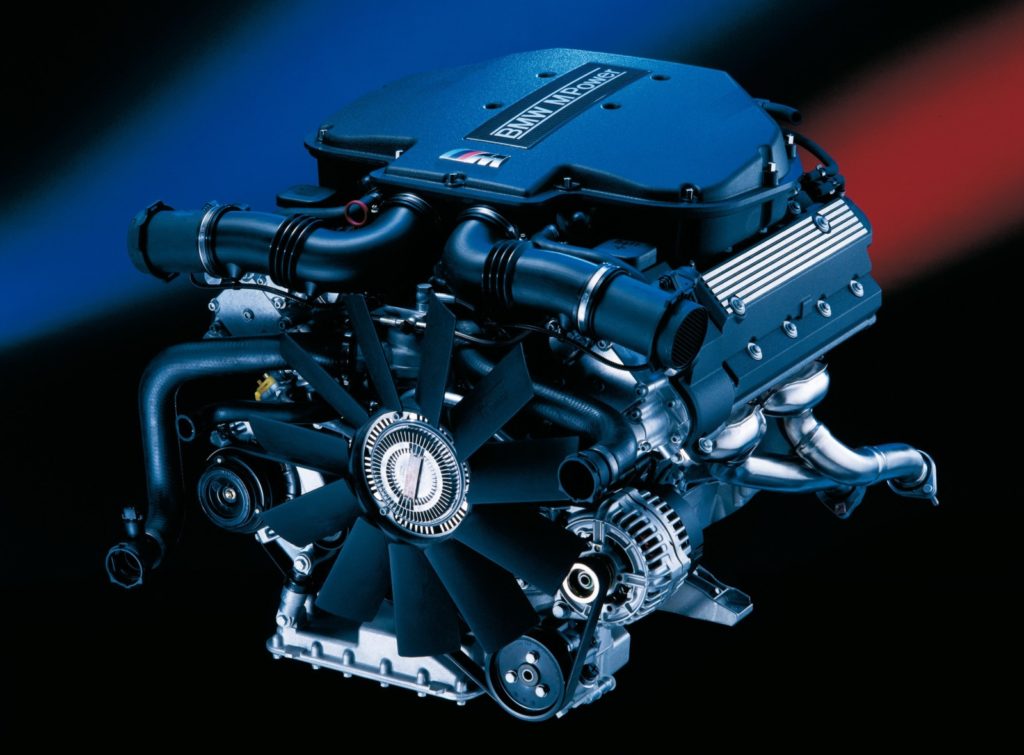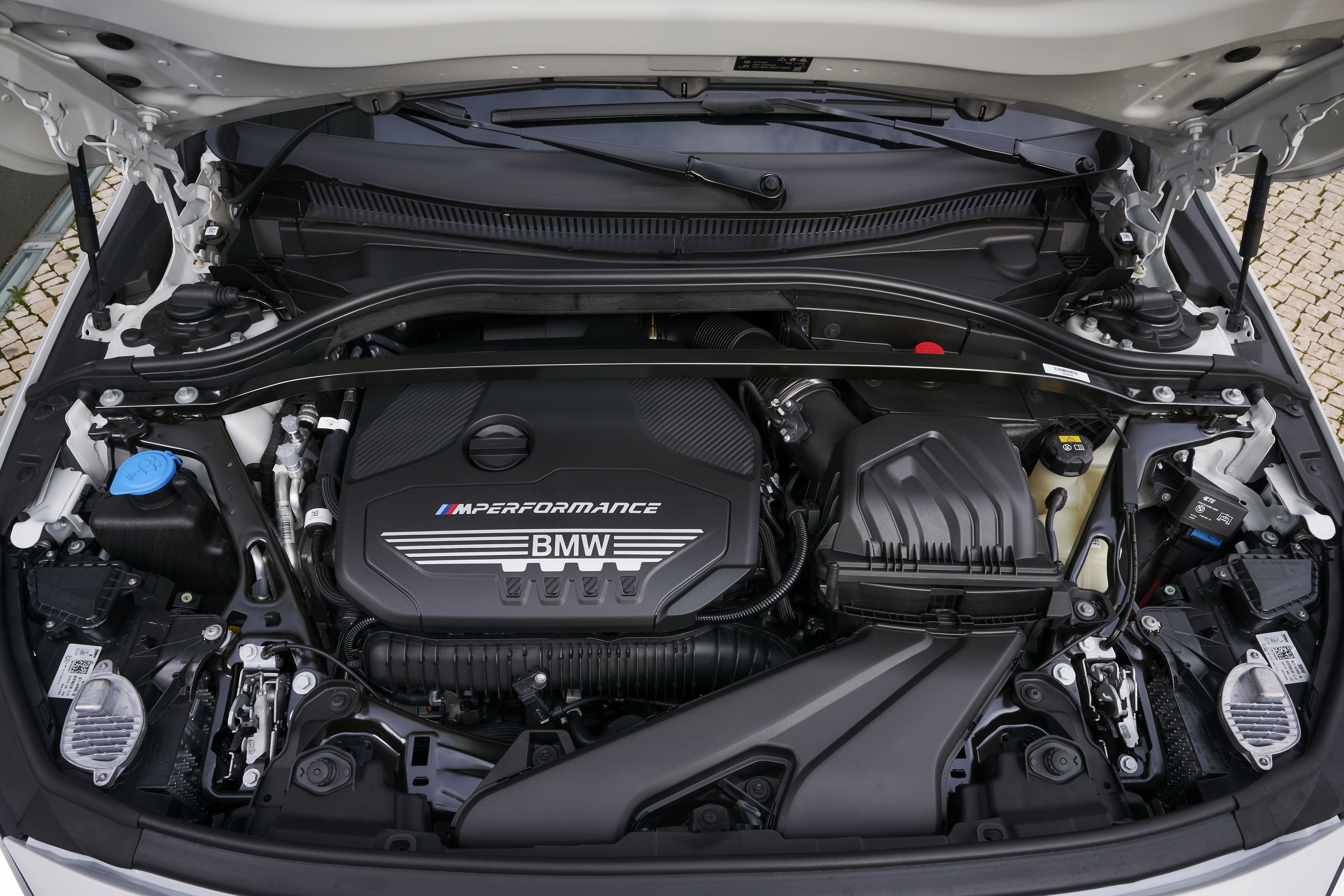Top 5 BMW Engine Technologies Reinventing the Automotive Market
Introducing the Intricacies of Next-Generation Power Units: a Deep Study Advanced Engine Styles and Developments
As we stand on the precipice of a new age in transport, the complexities of next-generation engine designs bid us to check out the advanced modern technologies and advancements that promise to redefine the driving experience. Diving deeper right into the worlds of exhaust control, intelligent engine administration systems, and the horizon of power system advancement, we locate ourselves on the cusp of a transformation that assures to reshape the landscape of flexibility as we know it.
Evolution of Engine Products

The change in the direction of progressed engine products has actually additionally allowed designers to design engines with greater power outputs while keeping gas performance requirements. The use of light-weight products decreases the general weight of the engine, leading to improved fuel economic situation and lower exhausts. In addition, advancements in products modern technology have actually permitted for better thermal monitoring within engines, causing enhanced reliability and long life.
Turbocharging and Supercharging Technologies
Exactly How do Turbocharging and Supercharging Technologies transform engine efficiency and efficiency in modern lorries? Supercharging and turbocharging are modern technologies that substantially boost engine efficiency by raising the amount of air consumption into the combustion chamber. Turbocharging achieves this by making use of a generator driven by exhaust gases to pressurize the consumption air, while turbo charging makes use of a belt- or chain-driven compressor to accomplish the very same result.
These innovations enable smaller sized, a lot more fuel-efficient engines to generate power equal to bigger ones, called downsizing. Forcibly even more air right into the cyndrical tubes, turbo charging and turbocharging boost burning efficiency, causing boosted horse power and torque result without a significant increase in engine dimension. This leads to far better velocity, hauling ability, and general driving performance.
Additionally, supercharging and turbocharging add to boosted gas effectiveness by permitting the use of smaller engines that consume much less gas under normal driving conditions - bmw engine. This mix of improved efficiency and efficiency has actually made turbocharging and turbo charging integral components of several modern engine designs
Emission Control and Environmental Impact
With raising international problems relating to air quality and environmental sustainability, the application of discharge control modern technologies in automobiles plays a critical function in decreasing harmful contaminants launched right into the ambience. Modern vehicles are geared up with advanced emission control systems that aid minimize the environmental influence of automobile procedures. Catalytic converters, as an example, are made to transform hazardous gases such as carbon monoxide, nitrogen oxides, and hydrocarbons right into less harmful materials like co2 and water vapor.
Additionally, advancements in engine innovation, such as the integration of exhaust gas recirculation systems and discerning catalytic decrease, have substantially added to reducing emissions. These technologies operate in tandem to optimize combustion efficiency and lessen the release of harmful toxins right into the air. In addition, the growth of hybrid and electric automobiles represents an important step in the direction of reducing the overall environmental footprint of the transport industry.
Intelligent Engine Management Systems

Moreover, these systems enable cars to satisfy rigid emissions standards without jeopardizing performance, supplying an extra eco-friendly driving experience. The assimilation of expert system and maker understanding abilities in engine management systems continues to press the borders of what is possible, leading to more enhancements in effectiveness, reliability, and general automobile performance. bmw engine. As automobile innovation advances, smart engine administration systems will play an essential function fit the future of transportation towards a more effective and lasting direction
Future Trends in Power Device Development
As smart engine monitoring systems lead the way for improved control and optimization in modern automobiles, future fads in power device advancement are positioned to redefine the landscape of automotive propulsion technologies. Among the essential trends driving advancement in power system growth is the change in the direction of electrification. With an enhancing emphasis on sustainability and decreasing carbon exhausts, hybrid and electric powertrains are ending up being more widespread in the vehicle industry. These alternative power sources provide improved performance and efficiency while lining up with see this here strict environmental regulations.
One more substantial trend is the integration of advanced materials and producing techniques. Lightweight products such as carbon fiber and aluminum are being used to lower general lorry weight, improving fuel effectiveness and efficiency. Additionally, improvements in 3D printing and additive production are making it possible for the manufacturing of intricate engine components with higher accuracy and durability.
In addition, expert system and artificial intelligence are playing a crucial duty in enhancing power unit performance. These modern technologies enable for real-time tracking and adaptive control, causing a lot more reliable and reliable power distribution. Overall, future patterns in power device advancement are tailored in the direction of sustainability, efficiency, and efficiency, driving the vehicle industry towards a new age of propulsion innovations.

Conclusion
Finally, the advancements in engine products, turbocharging, emission control, and smart management systems have led the way for next-generation power systems. These innovations have not only better performance and effectiveness but additionally lowered ecological impact. As modern technology remains to progress, future trends in power system development are likely to concentrate on further improving sustainability and maximizing power output. The detailed styles and technologies in modern engines showcase the recurring evolution of automobile innovation.
Checking out the dynamic innovations in engine products has actually been pivotal in improving the efficiency and performance of modern-day engines. Over the years, the evolution of engine products has played an essential function in pushing the limits of what engines can accomplish.The change towards advanced engine materials has also allowed engineers to create engines with greater power outputs while maintaining gas efficiency requirements.The application of intelligent engine management systems in contemporary cars has actually transformed the means engines are managed and optimized for performance and efficiency. By collecting data in real-time and examining it with advanced algorithms, intelligent engine monitoring systems check that can adjust to driving styles, environmental elements, and engine health to maximize power result while lessening fuel consumption and exhausts.